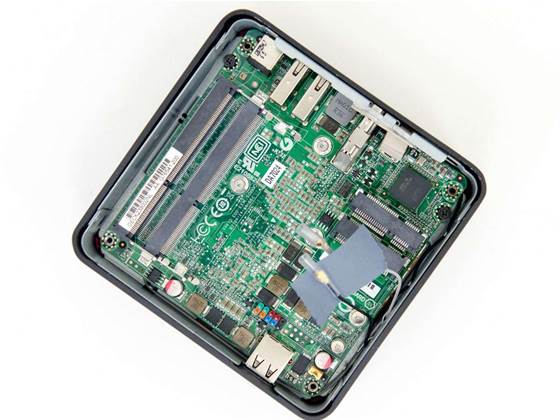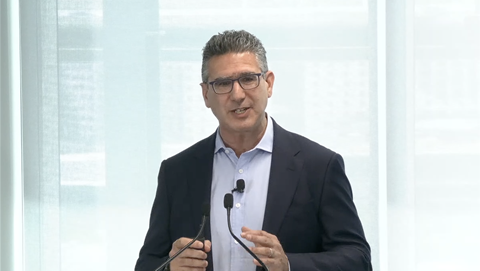Intel's current-quarter revenue forecast has disappointed Wall Street, while a sharp rise in planned 2013 capital spending unnerved investors that otherwise expected demand for personal computers to dwindle.

The world's leading chipmaker projected 2013 capital spending at $US13 billion ($A13.5 billion), plus or minus $US500 million ($A550 million), exceeding many analysts' estimates.
Some saw the higher capex plan as a bid to increase Intel's lead in manufacturing technology.
"This is a company that is continuing to spend money to participate in the market. That may concern some investors," said Doug Freedman, an analyst at RBC Capital.
Analysts also said the capex projection could signal a plan by Intel to open its prized factories to strategic customers.
Others fear that expanding too quickly may create excess capacity that could hurt the bottom line the company is forced to idle its plants.
PC makers are struggling to stop a decline in sales as consumers hold off on buying new laptops in favour of spending on more nimble mobile gadgets.
Microsoft's long-awaited launch of Windows 8 in October brought touchscreen features to laptops but failed to spark a resurgence in sales that Intel and many PC manufacturers had hoped for.
Commenting on Intel's projections, Williams Financial Cody Acree said that while "the revenue isn't going to be there, the margin and expense control is going to stabilise the bottom line."
"I think it's probably a success if you can be flat in an industry that most people expect to be flat-to-down," he said.
Facing lower demand, Intel said in October 2012 it was running factories at less than half of their capacity.
Intel has grown used to being king of the personal computer market, particularly through its historic Wintel alliance with Microsoft, which led to breathtakingly high profit margins and an 80 percent market share.
But it has struggled to adapt its technology for smartphones and tablets, a market dominated by Qualcomm, Samsung and Nvidia.
In the fourth quarter, Intel's revenue was $US13.5 billion ($A13.7 billion), compared with $US13.9 billion ($A14 billion) a year earlier. Analysts had expected $US13.53 billion ($A14 billion) in revenue for the fourth quarter.
Intel estimated first-quarter revenue of $US12.7 billion ($A13 billion), plus or minus $US500 million ($A550 million). Analysts expected $US12.91 billion ($A13 billion) for the current quarter.
Net earnings in the December quarter were $US2.5 billion ($A2.7 billion), compared with $US3.4 billion ($A3.6 billion) in the year-ago period.


_(28).jpg&h=140&w=231&c=1&s=0)
_(36).jpg&h=140&w=231&c=1&s=0)

.png&h=140&w=231&c=1&s=0)





 iTnews Executive Retreat - Security Leaders Edition
iTnews Executive Retreat - Security Leaders Edition
 iTnews Cloud Covered Breakfast Summit
iTnews Cloud Covered Breakfast Summit
 The 2026 iAwards
The 2026 iAwards












_(1).jpg&h=140&w=231&c=1&s=0)



